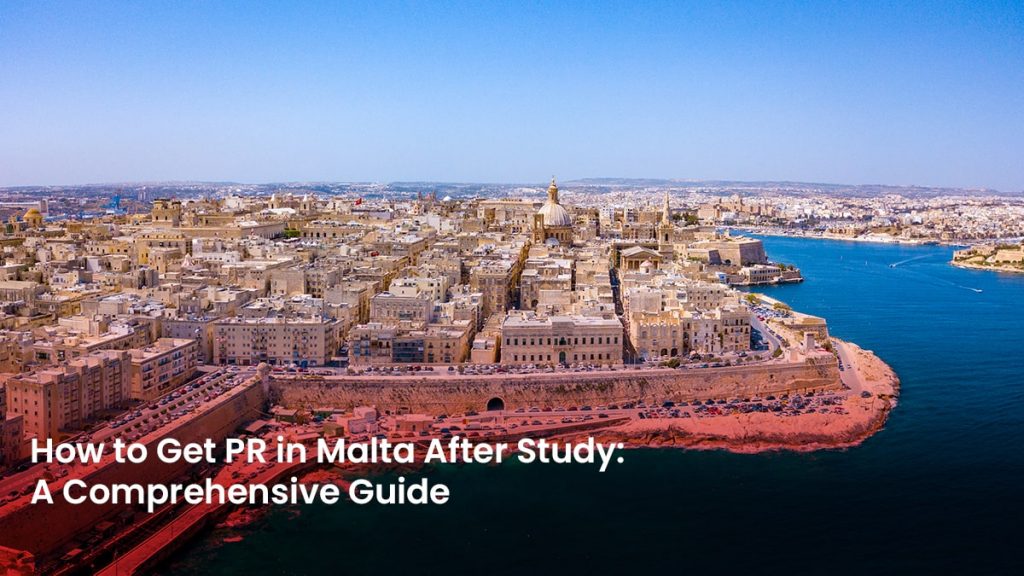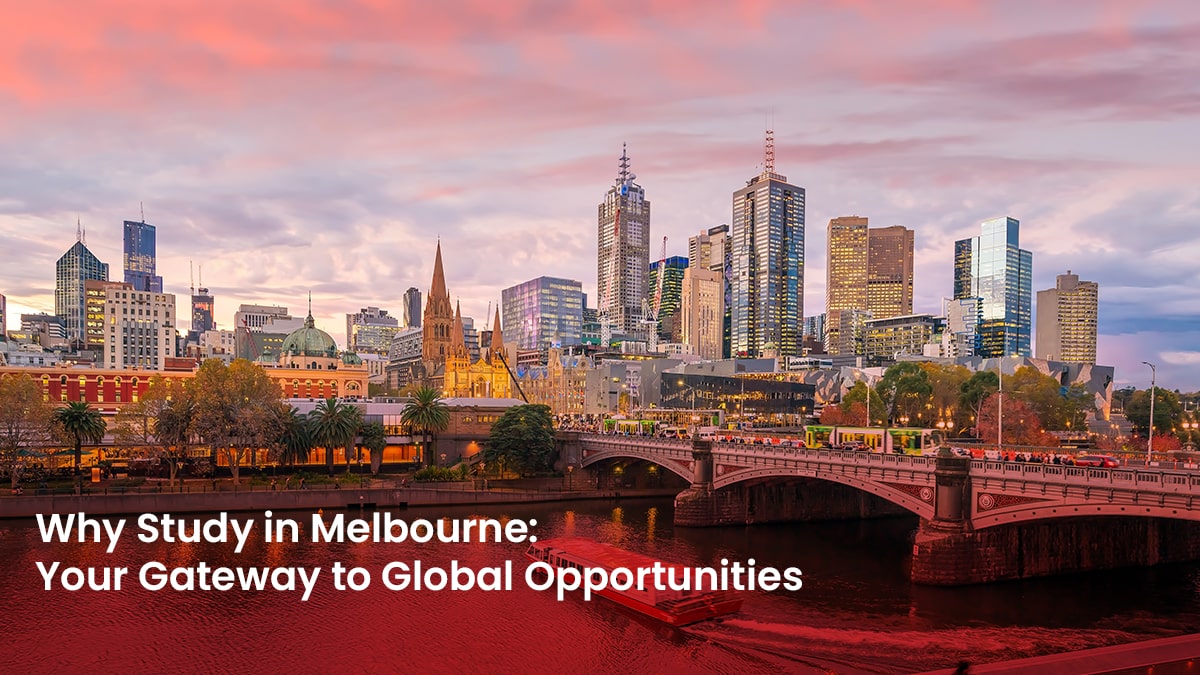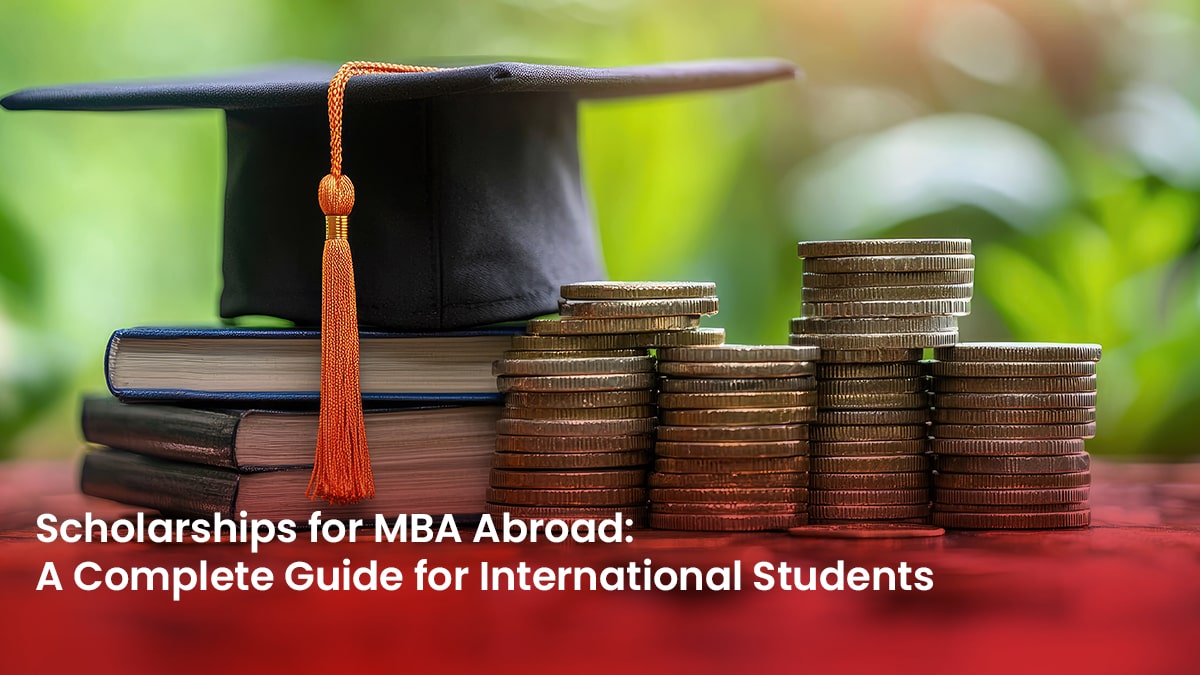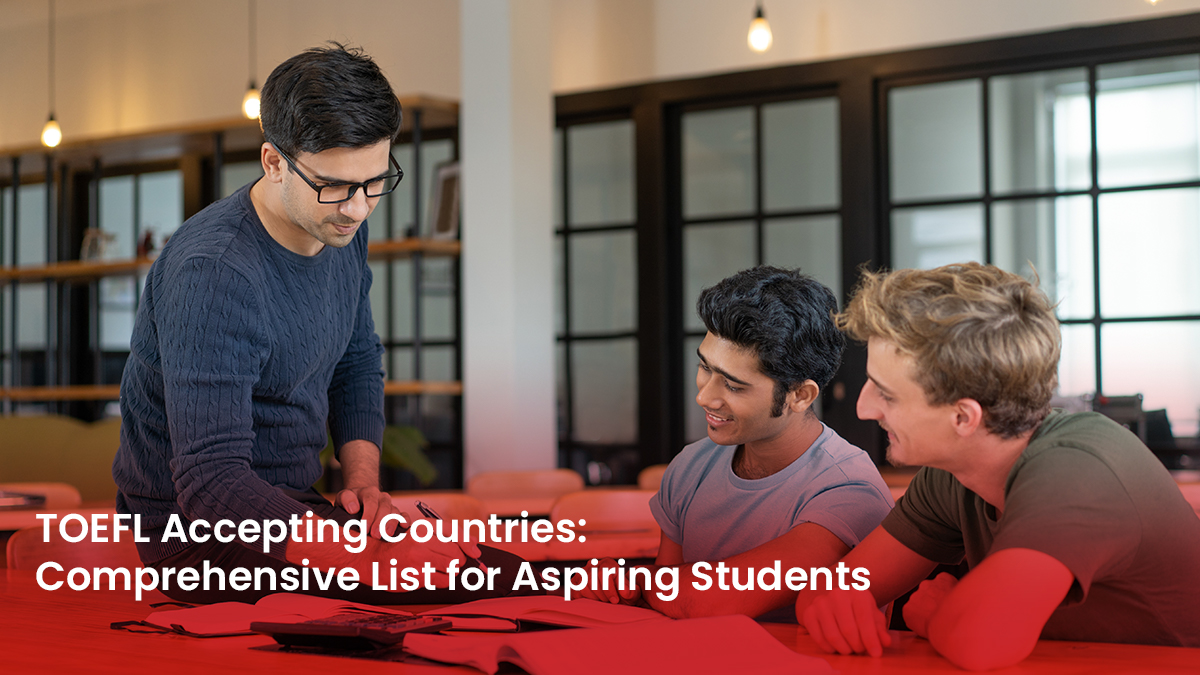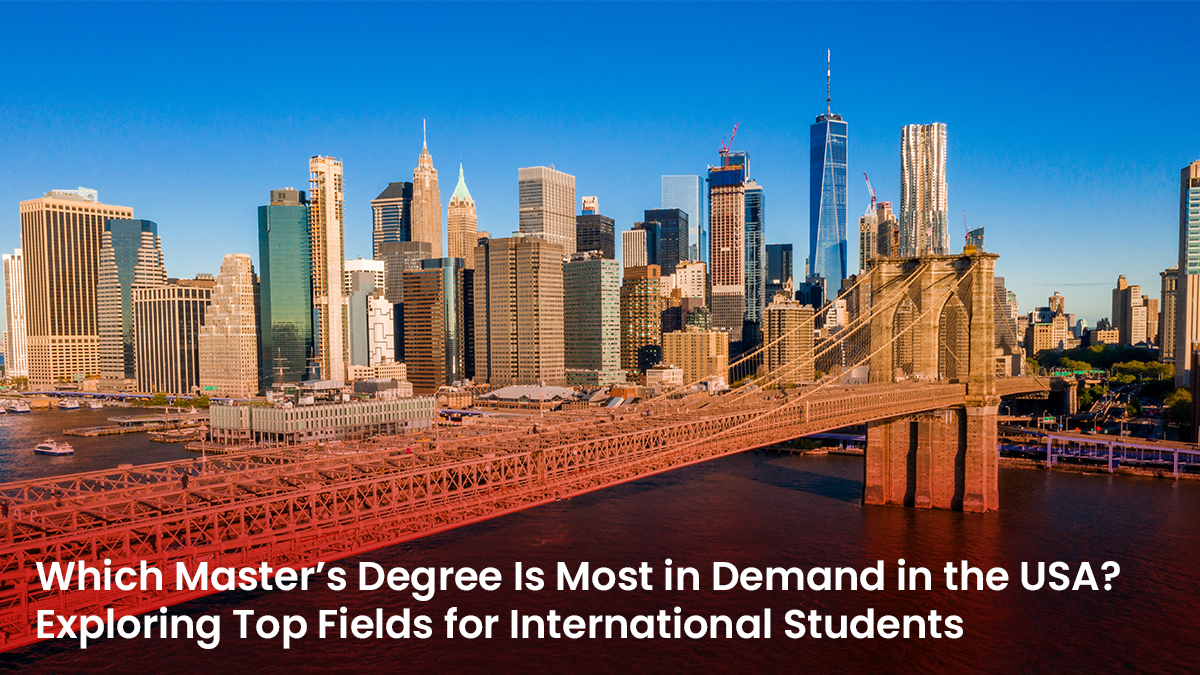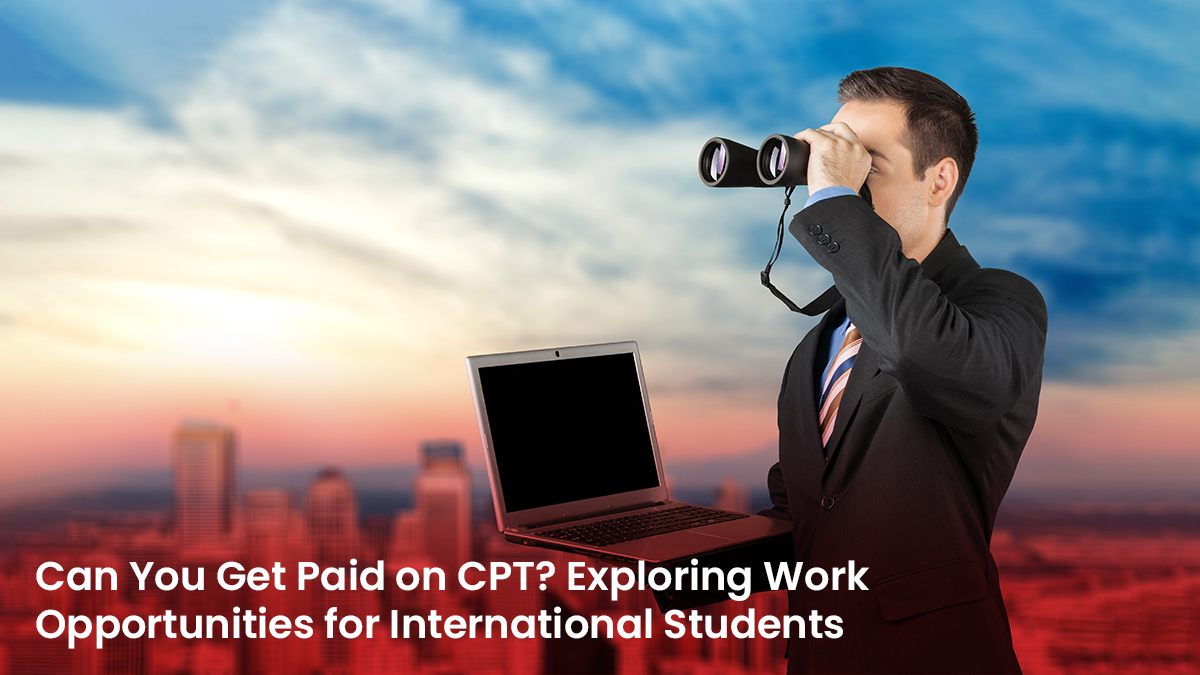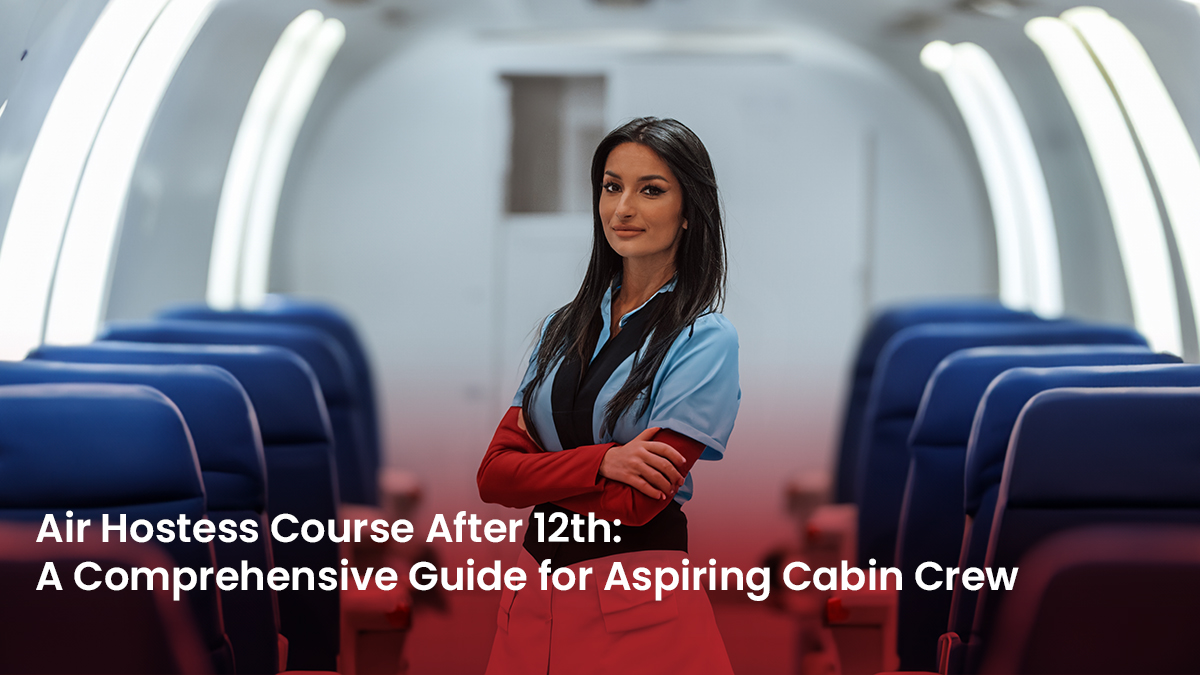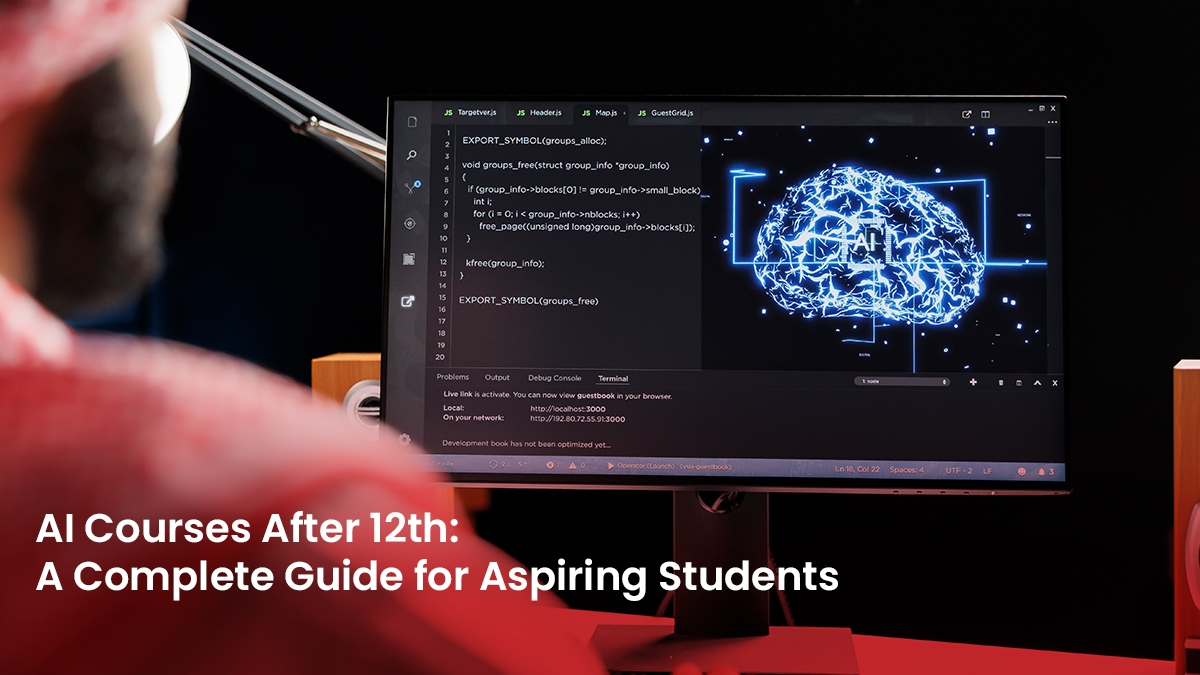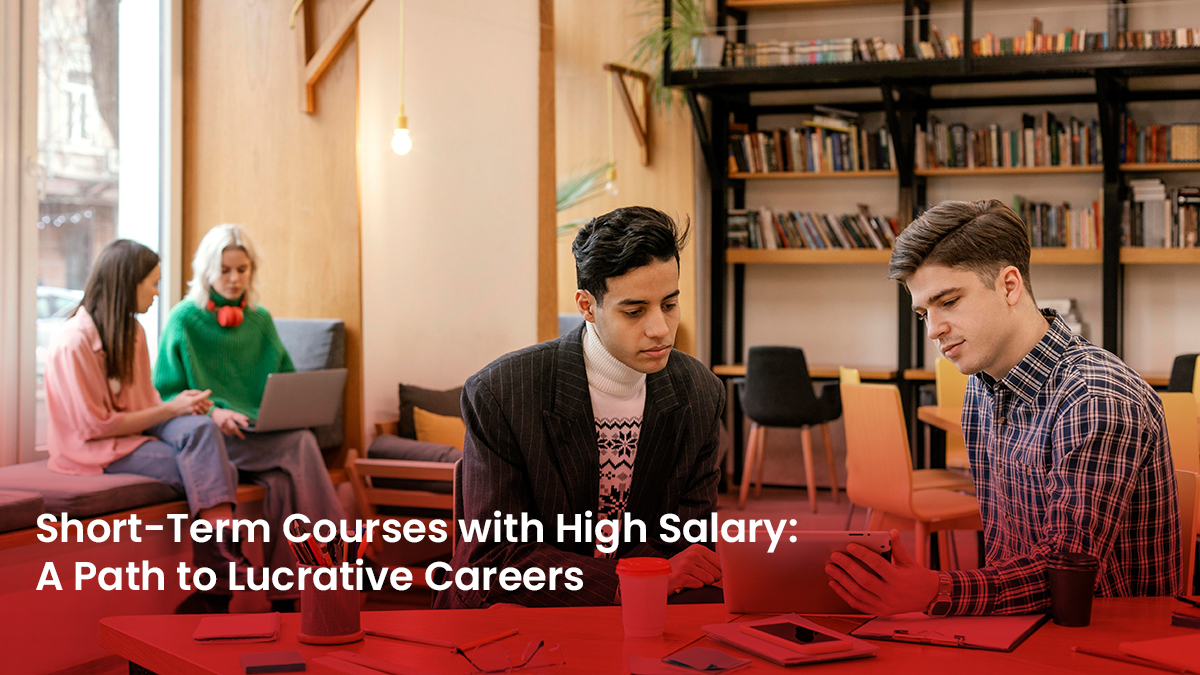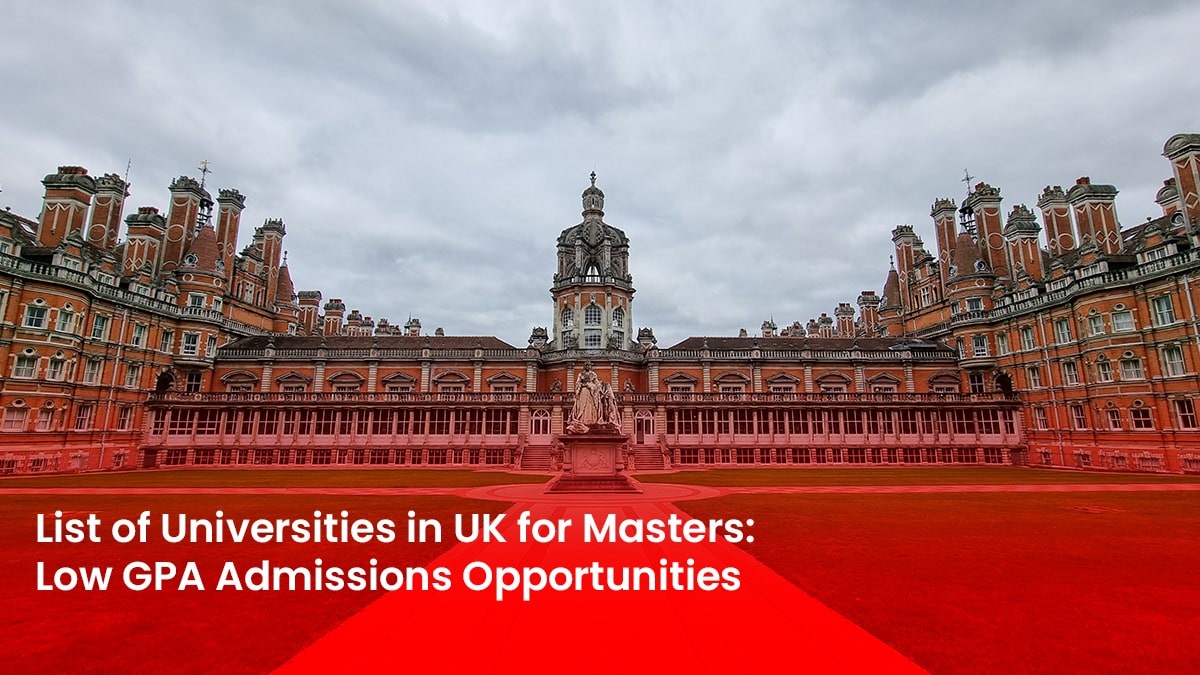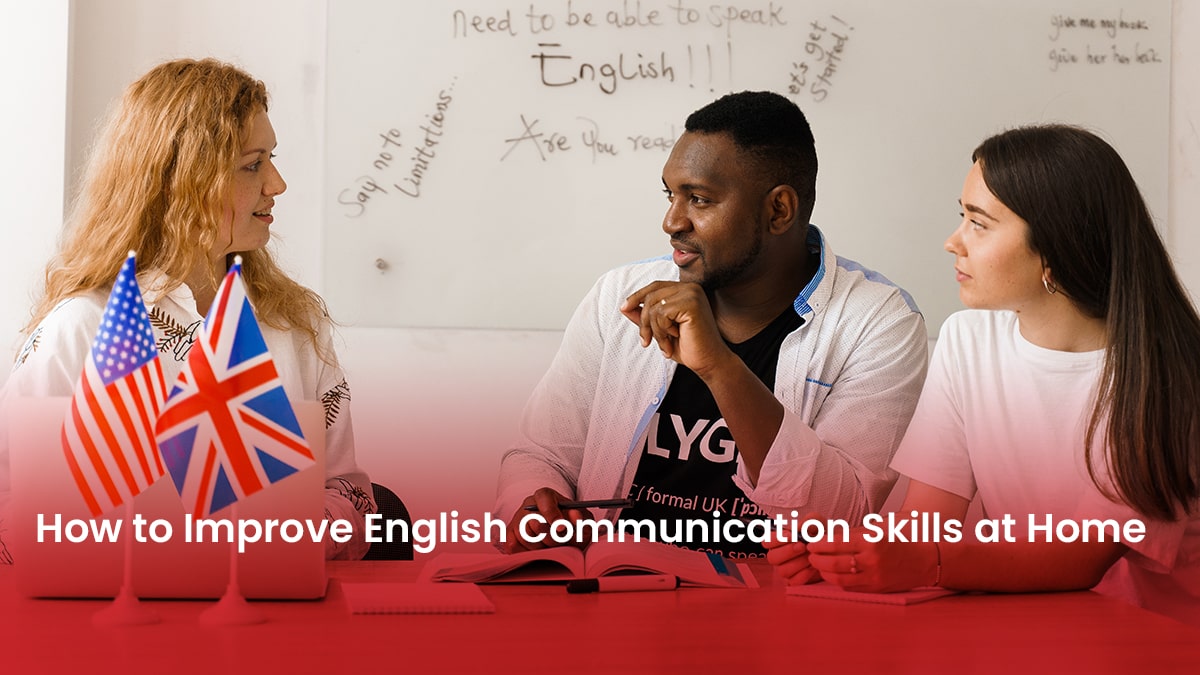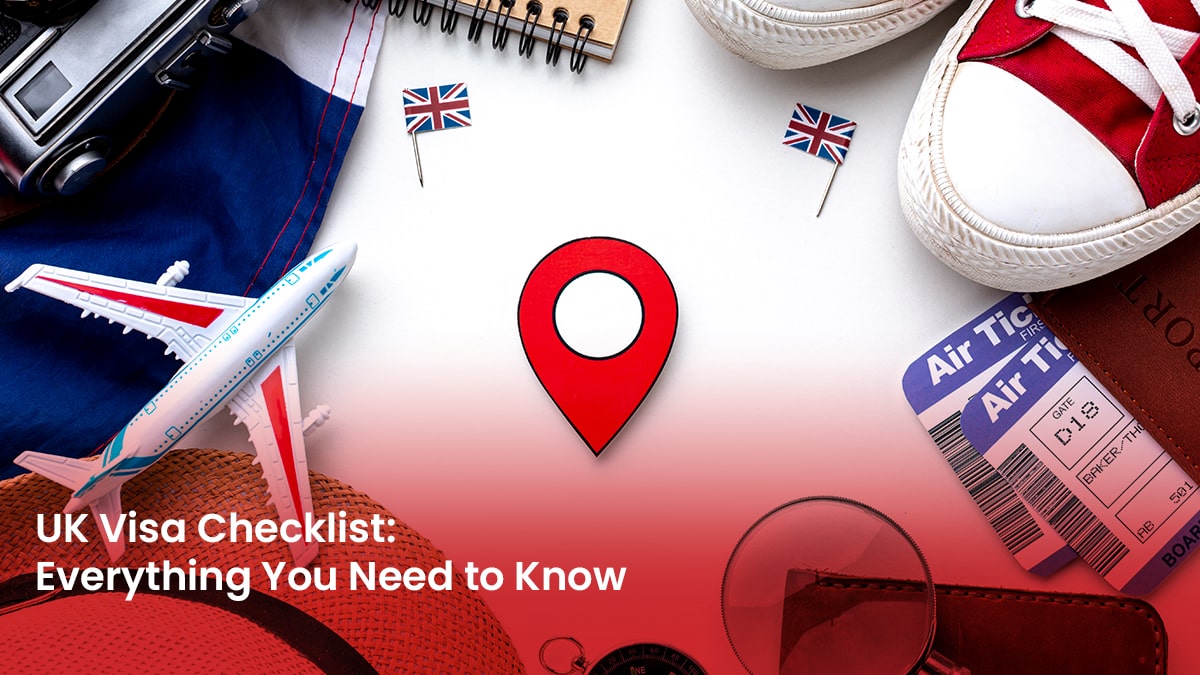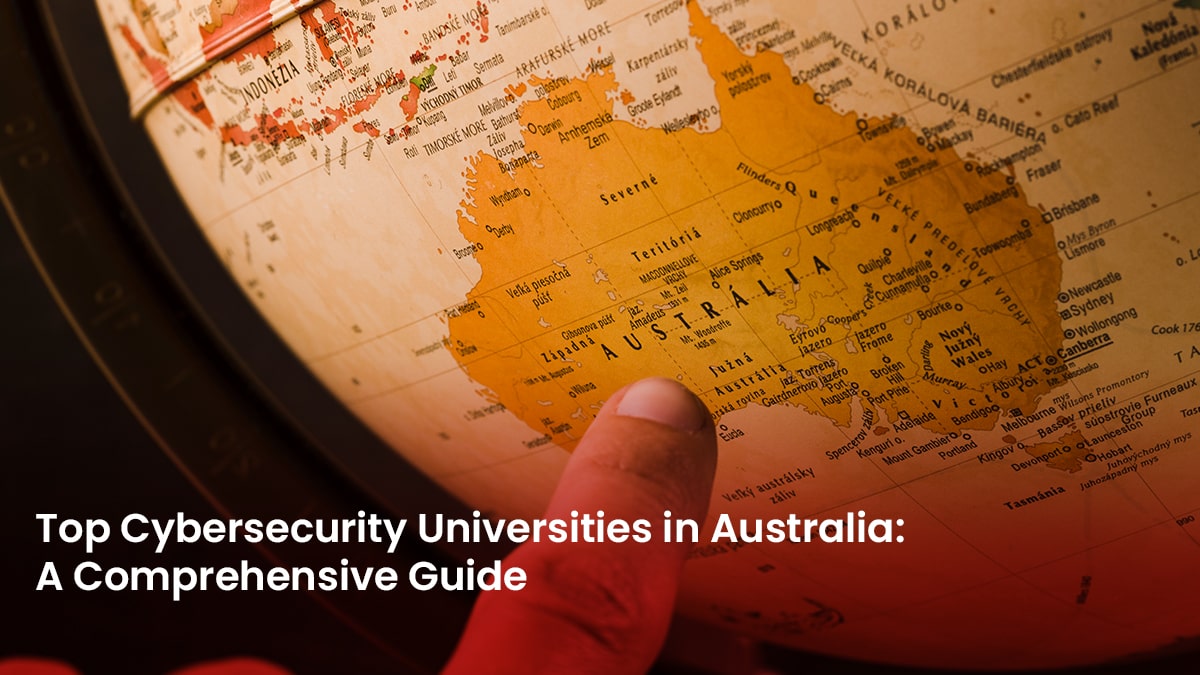With its stunning landscapes, rich history, and robust economy, Malta has become a popular study destination for international students. After completing their studies, many graduates aspire to secure permanent residency (PR) in this beautiful Mediterranean nation. This blog will guide you through the process of how to get PR in Malta after study, including requirements, application procedures, and tips for a successful application.
Why choose Malta for studies?
Before diving into the PR process, it’s essential to understand why Malta is an attractive destination for international students:
- High-quality education: Malta boasts several reputable universities offering a wide range of programs, often in English, which makes it accessible for international students.
- Cultural experience: Studying in Malta allows students to immerse themselves in a unique blend of Mediterranean and European cultures.
- Work opportunities: Malta’s growing economy, particularly in sectors like IT, gaming, and finance, presents numerous job opportunities for graduates.
- Beautiful environment: With its stunning beaches, historical sites, and vibrant lifestyle, Malta offers an appealing living environment.
How to Get PR in France After Study
Understanding the PR process in Malta
To secure PR in Malta after studying, you need to follow specific steps and meet certain requirements. Here’s a detailed overview of the process.
Eligibility criteria
To qualify for PR in Malta after study, you must meet the following criteria:
- Completion of studies: You should have completed a recognized course from a Maltese university or higher education institution.
- Employment: You need to secure a job in Malta that aligns with your qualifications. A full-time job offer is typically required.
- Continuous residence: You should have resided in Malta for a specific period, usually at least five years.
Steps to get PR in Malta after study
1. Secure employment
After completing your studies, the first step is to find a job in Malta. Here’s how you can go about it:
- Utilize job portals: Websites like jobsinmalta.com and maltapark.com list job openings across various sectors.
- Network: Join professional networks and attend job fairs to connect with potential employers.
- Consider internships: Gaining work experience through internships can often lead to full-time job offers.
2. Obtain a work permit
Once you have a job offer, the next step is to obtain a work permit. This process involves:
- Employer’s role: Your employer must apply for a work permit on your behalf, proving that no suitable candidate was found locally.
- Required documents: Your employer will need to submit your job offer, proof of qualifications, and other relevant documentation.
Common job sectors for graduates in Malta
|
Sector |
Job opportunities |
| Information technology | Software developers, IT support |
| Finance | Accountants, financial analysts |
| Gaming | Game designers, software engineers |
| Hospitality | Hotel management, chefs |
| Healthcare | Nurses, medical professionals |
3. Apply for PR
After working in Malta for five years on a work permit, you can apply for PR. Here’s what you need to do:
- Gather documentation: Collect all necessary documents, including your work history, proof of residence, and any other required forms.
- Complete the application form: Fill out the application for permanent residency accurately.
- Submit your application: Submit your application along with the required documents to the Maltese authorities.
4. Attend the interview
In some cases, you may be required to attend an interview as part of the PR application process. Prepare by:
- Reviewing your application: Be familiar with all details in your application.
- Understanding Malta: Brush up on your knowledge about Malta’s culture, history, and current affairs, as questions may be related to these topics.
5. Wait for approval
After submitting your application, it can take several months for the authorities to process your request. During this time:
- Check your application status: You can inquire about your application status through the appropriate channels.
- Remain patient: Processing times can vary, so it’s essential to be patient during this phase.
Additional tips for securing PR in Malta
- Maintain a clean record: Ensure that you have no criminal record during your stay in Malta, as this can affect your PR application.
- Stay employed: Ensure you remain in full-time employment during the entire PR application process.
- Learn the language: While English is widely spoken, learning Maltese can enhance your integration and appeal to employers.
Benefits of Canada PR in the USA
Conclusion
Obtaining PR in Malta after your studies is a feasible goal with the right approach and preparation. You can increase your chances of success by following the steps outlined in this blog, including securing employment, applying for the necessary permits, and gathering the required documents.
The opportunity to live and work in Malta can provide you with a valuable experience that enhances both your personal and professional life.
MSM Unify overseas education consultant is here to assist you throughout your journey to obtaining PR in Malta. Whether you need help with job searches, application processes, or understanding the local culture, we can guide you every step of the way.
FAQs about obtaining PR in Malta after study
1. Can I get PR in Malta immediately after my studies?
No, you typically need to work in Malta for five years before applying for PR.
2. What types of jobs qualify for PR?
Jobs that align with your qualifications and meet the labor market requirements qualify.
3. Do I need a job offer to apply for PR?
Yes, a full-time job offer is essential to demonstrate your ability to support yourself.
4. What documents are needed for the PR application?
Required documents include proof of employment, residence, and qualifications.
5. How long does it take to process a PR application in Malta?
Processing times vary, but it can take several months.
6. Is there a language requirement for PR?
While there isn’t a strict language requirement, proficiency in English or Maltese is advantageous.
7. Can I bring my family with me on PR?
Yes, you can apply for family reunification once you obtain PR.
8. What if I change jobs after applying for PR?
Changing jobs may affect your application status; it’s essential to inform the authorities.
9. Are there any fees associated with the PR application?
Yes, there are application fees, which vary based on the type of application.
10. Can I apply for PR while on a student visa?
No, you must hold a work permit for a minimum of five years to apply for PR.

